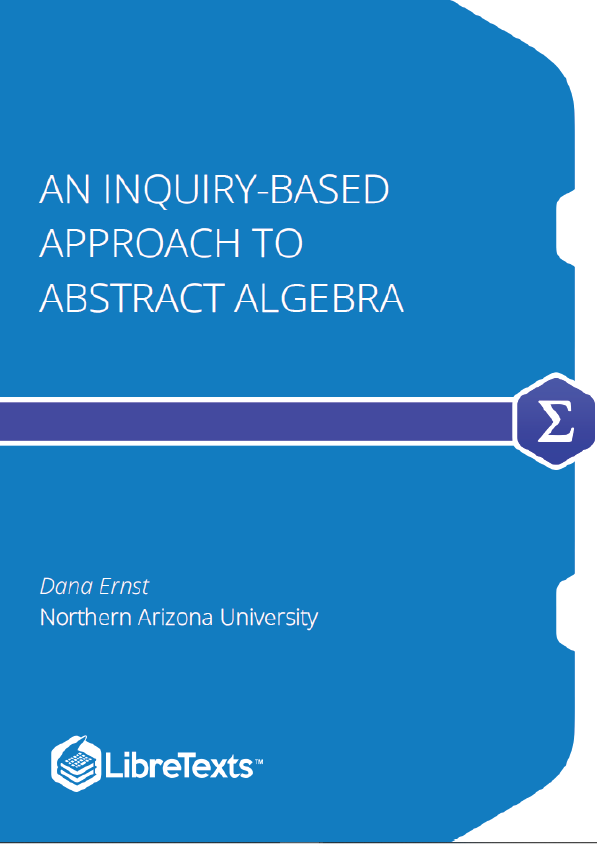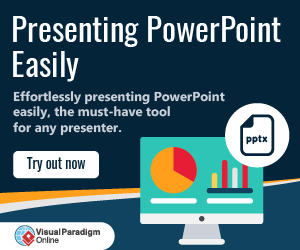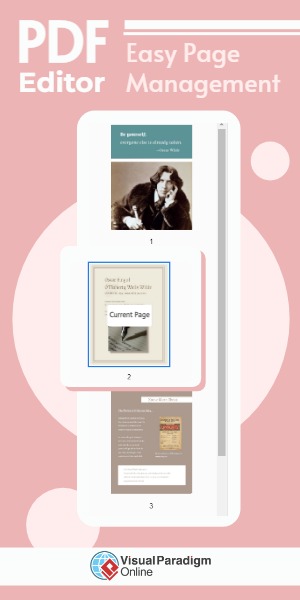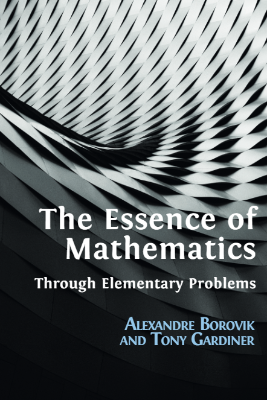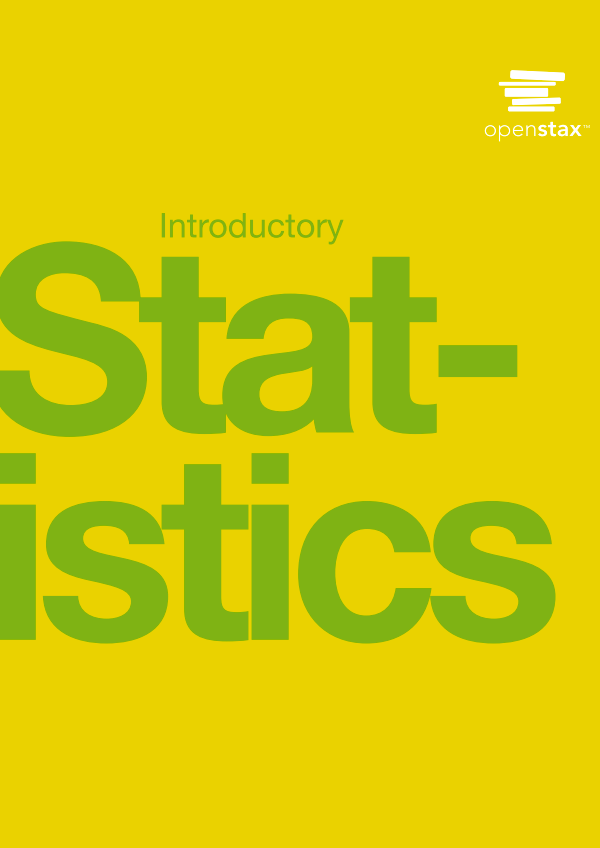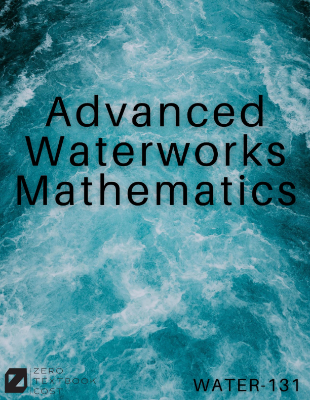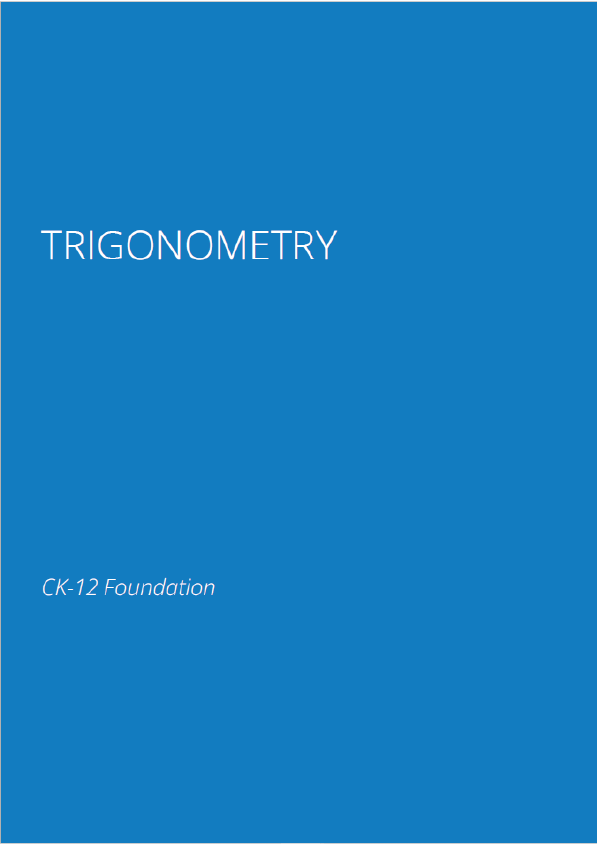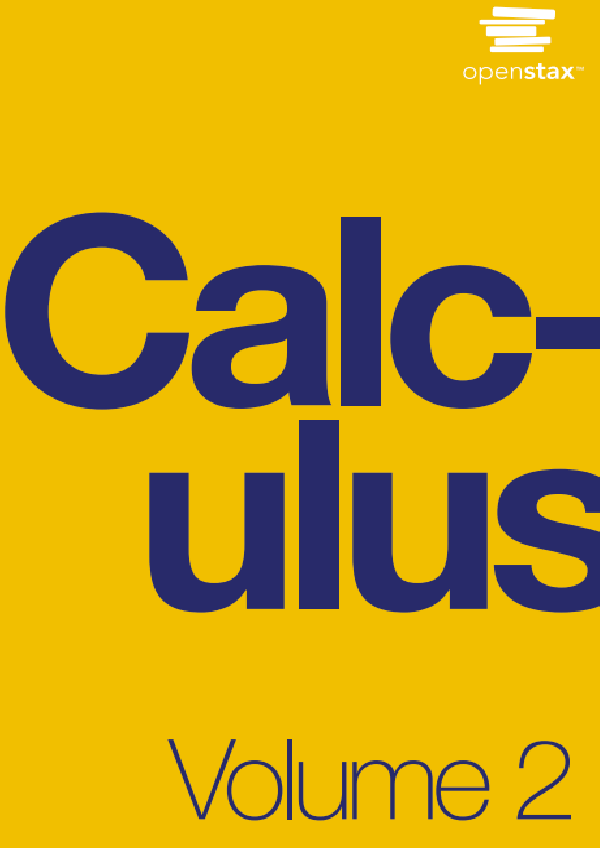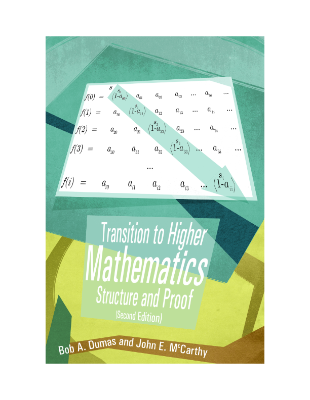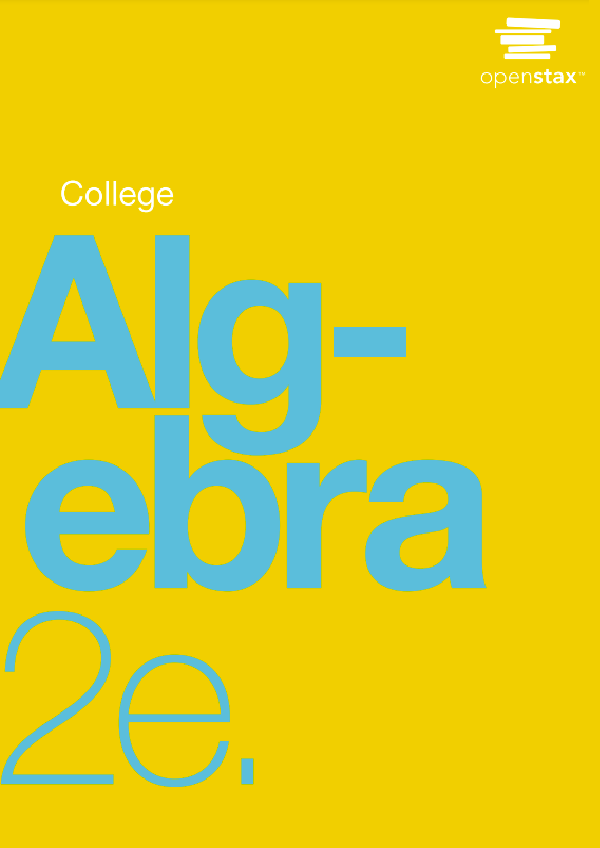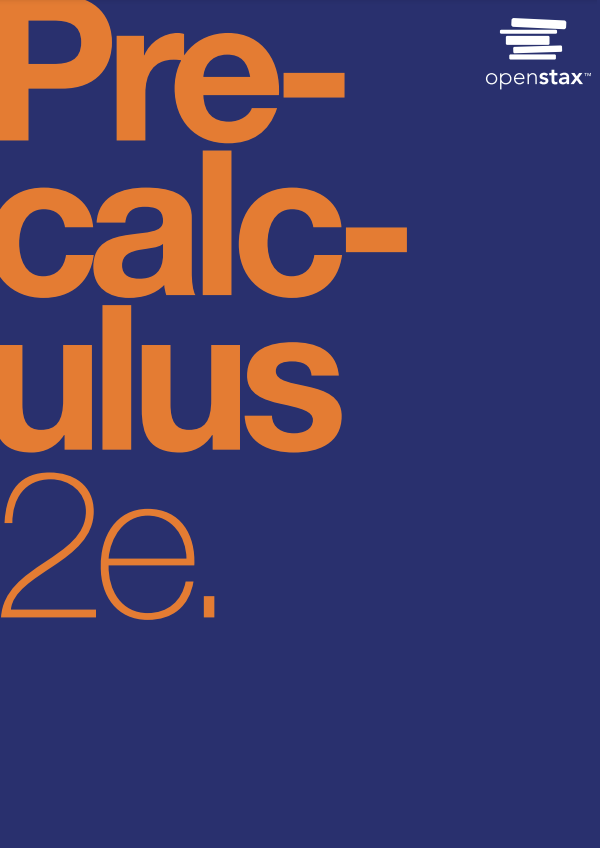This free and open-source textbook is designed to used with an inquiry-based learning (IBL) approach to a first-semester undergraduate abstract algebra course. The textbook starts with groups (up to the First Isomorphism Theorem) and finishes with an introduction to rings (up to quotients by maximal and prime ideals). While the textbook covers many of the standard topics, the focus is on building intuition and emphasizes visualization.
Abstract algebra is the subject area of mathematics that studies algebraic structures, such as groups, rings, fields, modules, vector spaces, and algebras. This course is an introduction to abstract algebra. We will spend most of our time studying groups. Group theory is the study of symmetry, and is one of the most beautiful areas in all of mathematics. It arises in puzzles, visual arts, music, nature, the physical and life sciences, computer science, cryptography, and of course, throughout mathematics. This book covers the basic concepts of group theory, and a special effort will be made to emphasize the intuition behind the concepts and motivate the subject matter. In the final chapter, we will also introduce rings and fields.
Mathematics, rightly viewed, possesses not only truth, but supreme beauty—a beauty cold and austere, like that of sculpture, without appeal to any part of our weaker nature, without the gorgeous trappings of painting or music, yet sublimely pure, and capable of a stern perfection such as only the greatest art can show. The true spirit of delight, the exaltation, the sense of being more than Man, which is the touchstone of the highest excellence, is to be found in mathematics as surely as poetry.
– Bertrand Russell, philosopher & mathematician
Up to this point, it is possible that your experience of mathematics has been about using formulas and algorithms. You are used to being asked to do things like: “solve for x”, “take the derivative of this function”, “integrate this function”, etc. Accomplishing tasks like these usually amounts to mimicking examples that you have seen in class or in your textbook. However, this is only one part of mathematics. Mathematicians experiment, make conjectures, write definitions, and prove theorems. While engaging with the material contained in this book, we will learn about doing all of these things, especially writing proofs. Mathematicians are in the business of proving theorems and this is exactly our endeavor. Ultimately, the focus of this book is on producing and discovering mathematics.
Your progress will be fueled by your ability to wrestle with mathematical ideas and to prove theorems. As you work through the book, you will find that you have ideas for proofs, but you are unsure of them. Do not be afraid to tinker and make mistakes. You can always revisit your work as you become more proficient. Do not expect to do most things perfectly on your first—or even second or third—attempt. The material is too rich for a human being to completely understand immediately. Learning a new skill requires dedication and patience during periods of frustration. Moreover, solving genuine problems is difficult and takes time. But it is also rewarding!
